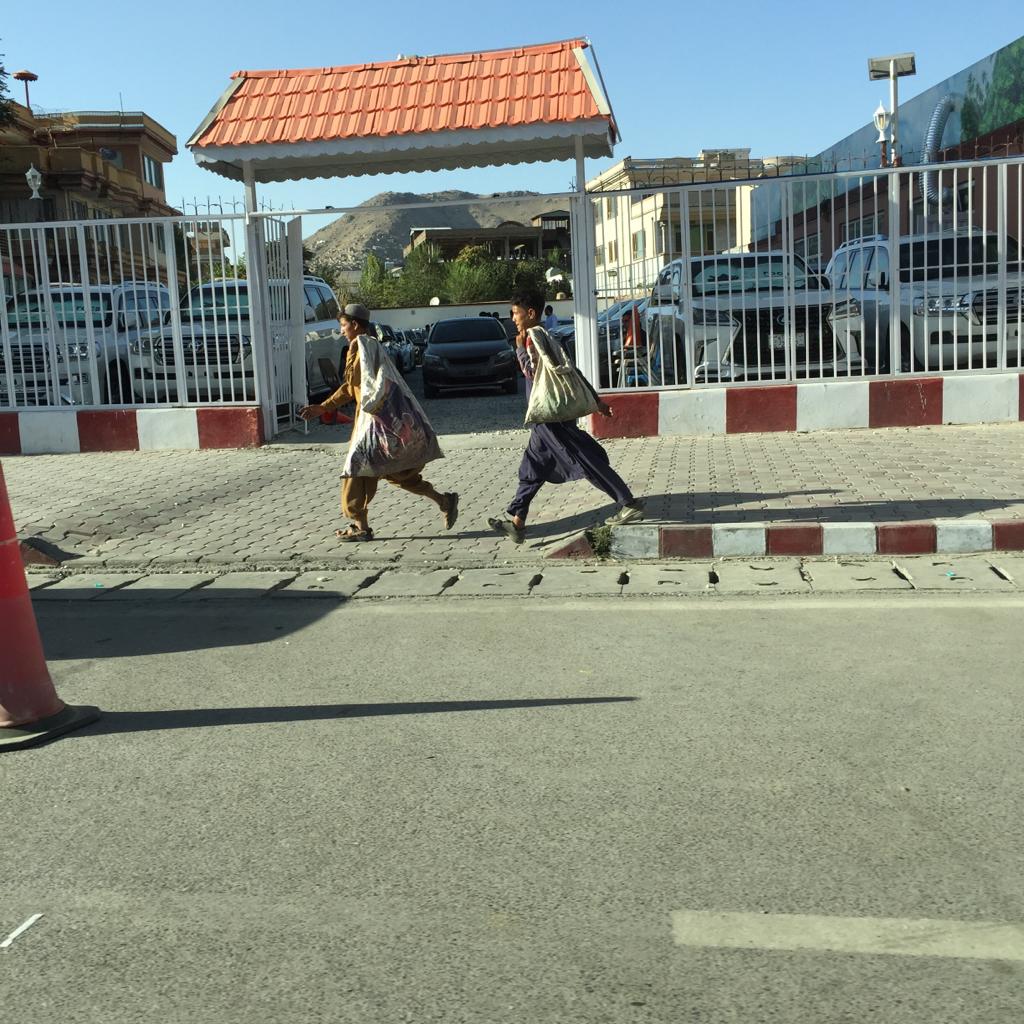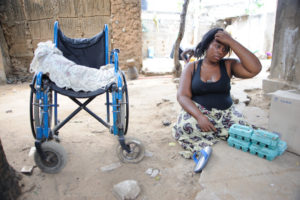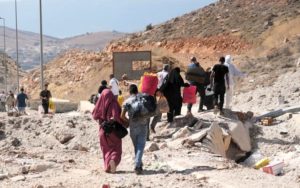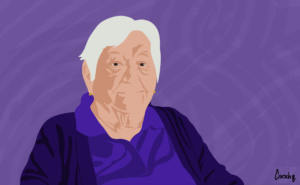This article was originally published online in French by the French newspaper Libération, on 14th August 2023. We are republishing the article here, in English, with the kind permission of the author.
The arrival of the Taliban in power in August 2021 caused a great stir in the West, compounded by a feeling of failure and frustration: 20 years of massive commitment, only to return to a situation similar to that of 2001, the end of the reign of Afghanistan’s first Islamic Emirate.
In a commendable exercise in democratic transparency, the European Parliament has commissioned a report on this failure, which highlights that one of the European Union’s main mistakes has been its failure to distance itself from an essentially military and security-based US strategy.
An Afghan population caught in a trap
The situation of Afghan women and men is dramatic. The cessation of girls’ education in secondary schools and universities, and the exclusion of women from part of public life, are simply incomprehensible and unbearable. Responsibility for this undoubtedly lies with the Taliban leadership, which is based on a highly patriarchal society and authoritarianism that remains unchallenged to this day.
However, the fact that 28.8 million Afghans, out of a population of 39 million, need international aid to survive is due to other factors: a recurrent drought that has hit the country for several years, price rises following the war in Ukraine and the abrupt cessation of development aid – which financed 75% of the government’s budget and represented 45% of the country’s gross domestic product; this cessation led to a 30-35% contraction in the economy and massive job losses.
Added to this are two US decisions that are major obstacles to the functioning of the Afghan economy.
The first was the continuation of sanctions banning all financial transactions with the Taliban. This decision has been interpreted by the international banking system as a ban on all transactions with Afghanistan. The private sector and humanitarian organisations are therefore reduced to using hawala, a traditional money transfer system that is illegal in the United States and Europe because it can be used, among other things, to finance terrorist activities and illicit trade.
The second decision was the freezing of the Central Bank of Afghanistan’s assets $7 billion in the US by President Biden in February 2022. The 2.1 billion dollars in Europe were also frozen, as the European allies decided to align themselves with US policy. As a result, the Afghan institution now has no means of implementing the macro-economic policy that is essential to the proper functioning of the economy.
These economic sanctions, instead of bringing the Taliban to accept the conditions demanded by the United Nations Security Council and the Council of the European Union, have brought the country’s economy to its knees and has reinforced the hardliners with disastrous consequences for women and girls.

The European Union’s priorities in Afghanistan differ from those of the United States.
Today, the European Union must question its current strategy, which mirror the one of the United States.
The European Union and the United States have common objectives: women’s rights and the fight against terrorism. On the other hand, irregular migration and heroin production are Afghan problems, the consequences of which fall almost exclusively on Europe.
The current economic and humanitarian crisis is increasing irregular migration to the European Union, a phenomenon that had already begun well before 2021.
As for heroin use in the European Union, 90% is of Afghan origin, while it remains very marginal in the United States.
Finally, if the aim is to support women in Afghanistan, exacerbating poverty through economic sanctions is fundamentally counter-productive, because it is women who are their first victims.
The European Union must reconcile its strategy and its priorities.
In the run-up to the 2024 presidential elections, the Biden administration is being forced to keep its current strategy : combining sanctions and humanitarian aid.
Europe does not have this constraint and must develop its own strategy.
The key word is to help the Afghan economy get back on its feet. Only a revival of the economy can overcome the current humanitarian crisis, and therefore limit the exodus to Europe.
The European Union and its member states must support recapitalising the Central Bank from the 2.1 billion dollars frozen in European banks. One option would be to transfer an initial limited amount to the Central Bank and check that this sum is actually used in accordance with the law[6] (a proposal put forward by UAI and Unfreeze Afghanistan). If this initial test is successful, further tranches could be transferred using the same verification mechanism. The European Union has also funds, subject to similar control procedures, to strengthen the capacities of the Central Bank in the fight against money laundering and the financing of terrorism. Finally, the European Union can encourage financial transfers to and from Afghanistan in euros instead of dollars, which are subject to US sanctions.
Just as essential is the revival of development aid. At the end of 2022, the European Commission, confusing the policies of the Taliban with the Afghan people, decided not to allocate a budget envelope for development aid to Afghanistan for 2023. This policy is quite incomprehensible, given that tested procedures have been in place for the past two years to ensure that international aid does not pass through the regime’s coffers.
Providing development aid would also make it possible to support the small farmers who had to stop growing poppies – Afghanistan was the poppy kingdom for decades – following the decision of Emir Habaitullah Akhunzada in 2022. The area under poppy cultivation in 2023 has been reduced by at least 80% compared with previous years. This spectacular reduction is excellent news for European governments, which have been fighting the heroin trade for decades. Helping the farmers most affected is essential if this victory against heroin is to be won once and for all.
A resumption of development aid could also be a significant support to the Afghan private sector, which remains one of the few places where Afghan women can work. There is currently modest support for this, but if the European Union is serious about its commitment, it can do much more.
Finally, Europe needs to strengthen its diplomatic presence in Afghanistan, because it is not from European capitals that dialogue can progress – neither with the Taliban nor with Afghan society. It is through the long-term presence of diplomats from the Member States in Kabul, carrying out in-depth work, as currently being carried out by the European Union Delegation, that tangible results can be achieved. The European Union and its Member States must tackle the real causes of the crisis affecting Afghanistan, because this is in the interests of our continent. In the short term, this will probably not solve the problems linked to the place of women in society – which is undoubtedly the key issue that the Afghan nation itself must address. But it will reduce the daily suffering of families due to lack of resources. It will also contribute to give the Afghan people back their voice and influence over the country’s future.
Jean-François Cautain is a former senior official of the EU. He was ambassador to Cambodia and recently to Pakistan. He worked in Afghanistan as a humanitarian worker during several periods between 1986 and 1999 and for the EU between 2001 and 2005. He is a member of UAI’s Taks Team on Afghanistan. He currently lives in Kabul.
The content is the author’s responsibility alone and does not necessarily reflect the views of United Against Inhumanity or any of its other members.











